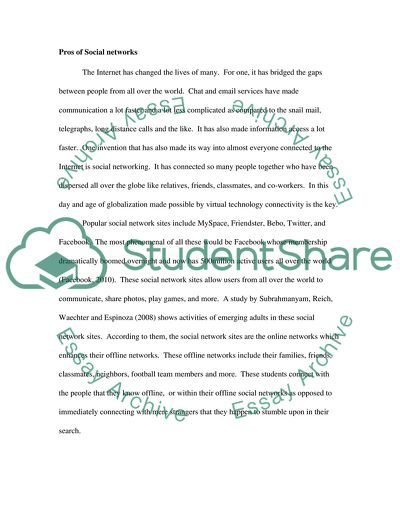Cite this document
(Censorship of Social Networking in Developing Countries Coursework, n.d.)
Censorship of Social Networking in Developing Countries Coursework. Retrieved from https://studentshare.org/social-science/1747483-censorship-of-social-networking-sites-in-developing-countries
Censorship of Social Networking in Developing Countries Coursework. Retrieved from https://studentshare.org/social-science/1747483-censorship-of-social-networking-sites-in-developing-countries
(Censorship of Social Networking in Developing Countries Coursework)
Censorship of Social Networking in Developing Countries Coursework. https://studentshare.org/social-science/1747483-censorship-of-social-networking-sites-in-developing-countries.
Censorship of Social Networking in Developing Countries Coursework. https://studentshare.org/social-science/1747483-censorship-of-social-networking-sites-in-developing-countries.
“Censorship of Social Networking in Developing Countries Coursework”, n.d. https://studentshare.org/social-science/1747483-censorship-of-social-networking-sites-in-developing-countries.


